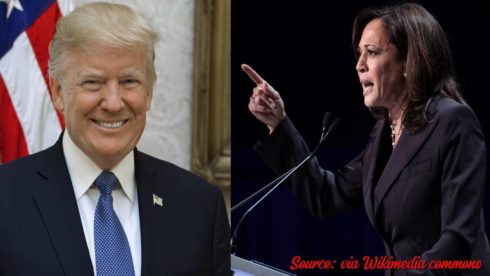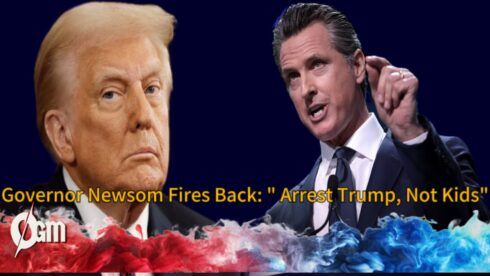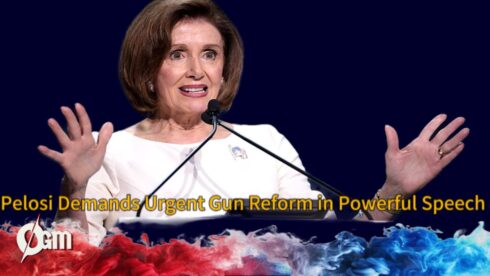Vice President Kamala Harris reached out to President-elect Donald Trump, extending a formal congratulatory message on his recent election victory. The Associated Press confirmed the call, signaling a significant step toward unity in a time marked by intense political polarization in the United States. Kamala Harris’s gesture emphasizes the need for bridging gaps across party lines and working collectively for the nation’s prosperity.
Kamala Harris’s call represents a rare bipartisan gesture, one that underscores her commitment to cooperation and collaborative governance. Her outreach is seen as an effort to tone down the animosity that often characterizes American politics, particularly during transitions between administrations. Such acts are seen as symbolic yet impactful, promoting a respectful exchange of power, essential for the democratic process.
A New Chapter of Bipartisan Diplomacy
With Kamala Harris reaching out, a new chapter of bipartisan diplomacy may be underway, aimed at reestablishing respect between political factions. The call not only congratulated Trump but hinted at the administration’s willingness to work with him for the greater good of the country. Kamala Harris’s actions signal a desire to build a foundation for constructive dialogue.
As Trump prepares for office, observers note that this act could help stabilize public sentiment by fostering faith in a peaceful transition. Political analysts suggest this outreach might lay groundwork for future bipartisan discussions, which are crucial to addressing issues such as healthcare reform, economic stability, and foreign policy challenges.
Public Reaction Highlights Deep Divides
Public response to Kamala Harris’s call has been mixed, reflecting the nation’s deep political divisions. Supporters of Kamala Harris see this as a statesmanlike move, one that aligns with the ideals of unity and peaceful governance. However, some Democrats express concerns, fearing that the congratulatory gesture may be perceived as premature or overly conciliatory.
In Republican circles, Kamala Harris’s call is largely welcomed, seen as a positive indication of cooperation. Political analysts note that the outreach could reduce public tensions and set a standard for dignified exchanges among officials from differing political ideologies. Both sides acknowledge the importance of diplomacy, but reactions underscore the lingering partisan divide within the electorate.
Kamala Harris’s Vision for a Constructive Transition
Kamala Harris, known for advocating inclusive governance, is reportedly eager to ensure a smooth and constructive transition. In her message, she emphasized the value of teamwork and the role of the executive branch in advancing the country’s interests. By reaching out to Trump, she signals her commitment to upholding the principles of democratic governance.
This gesture also aligns with Kamala Harris’s broader vision for a cohesive America, where mutual respect between political opponents is prioritized. Her approach, characterized by professionalism and diplomacy, suggests a renewed focus on addressing national issues in a nonpartisan manner, which could help unify a divided populace.
Challenges Ahead for Trump Amid High Expectations
Trump faces significant challenges as he prepares to take office, with pressing issues such as economic recovery, healthcare reform, and international relations on the table. Kamala Harris’s call highlights the weight of these responsibilities, as Trump will need bipartisan support to make meaningful progress on these fronts. Her congratulatory message indirectly underscores the high expectations that Trump must meet.
Observers note that Kamala Harris’s outreach, while symbolic, also serves as a reminder of the substantial work ahead for the incoming administration. Trump will need to forge partnerships across the aisle, and Kamala Harris’s gesture could be the first step toward creating a more collaborative political environment.
Prospects for Bipartisanship
The call between Kamala Harris and Trump opens up possibilities for bipartisan cooperation in Washington, with both sides potentially engaging in discussions to tackle critical issues. This exchange might signify the start of a new approach in U.S. politics—one where leaders prioritize the nation’s interests over party allegiances.
Moving forward, analysts anticipate potential joint initiatives on infrastructure, education, and economic policies that could benefit from cross-party input. Although challenges remain, Kamala Harris’s call has sparked optimism that American politics might shift toward a more unified approach, addressing the concerns of an increasingly polarized public.














